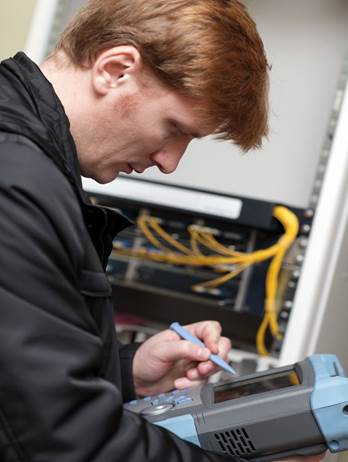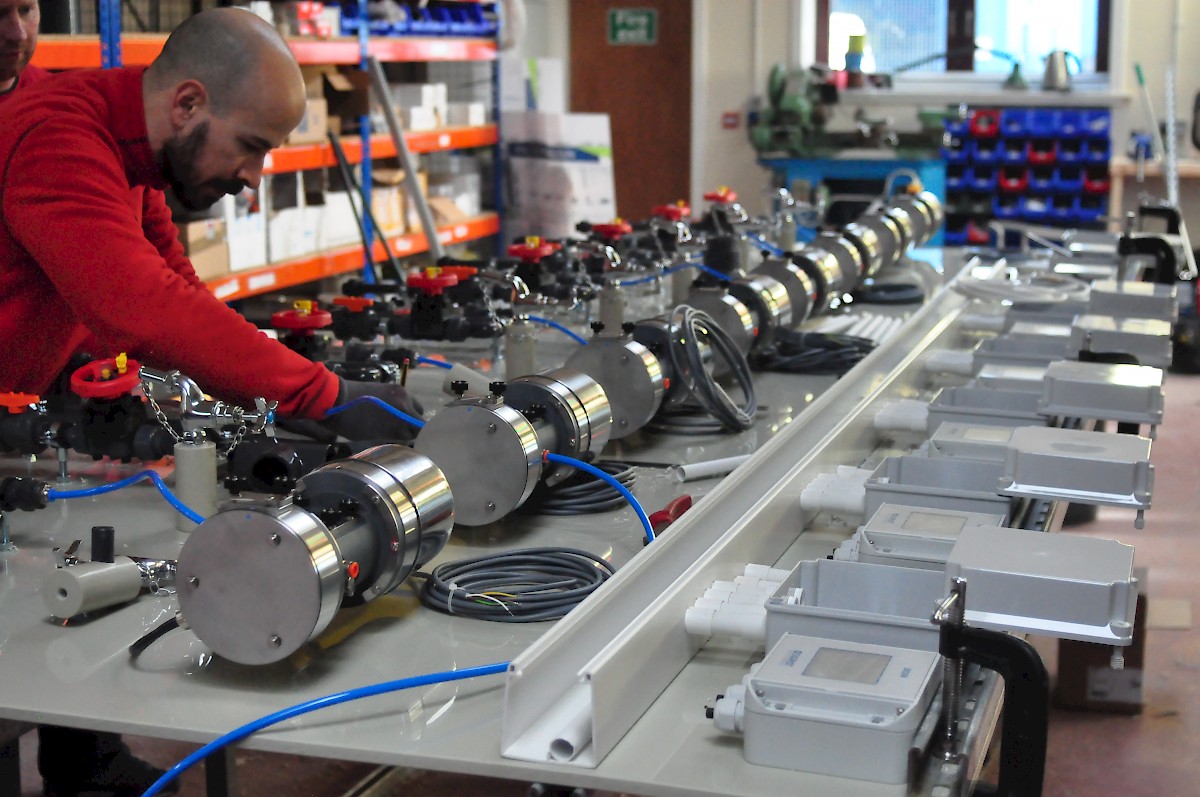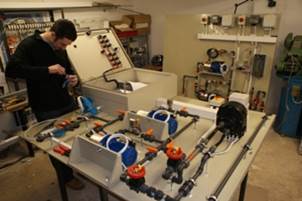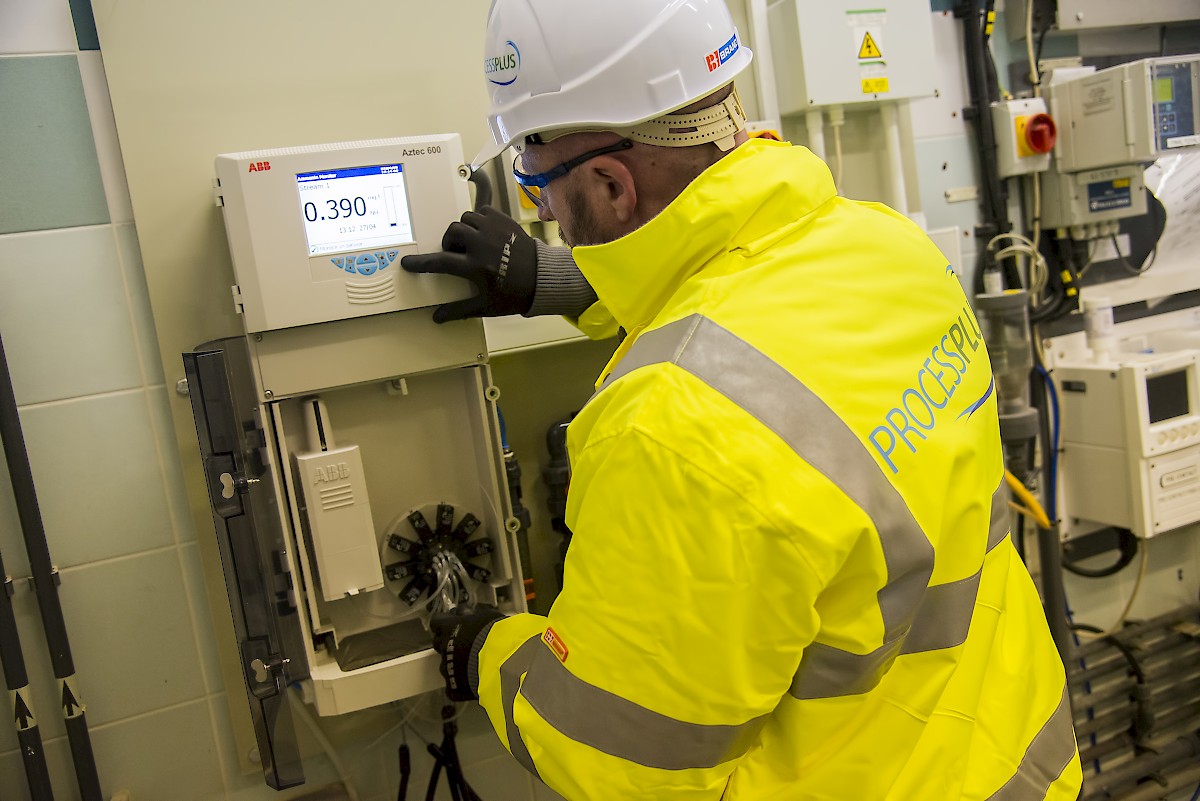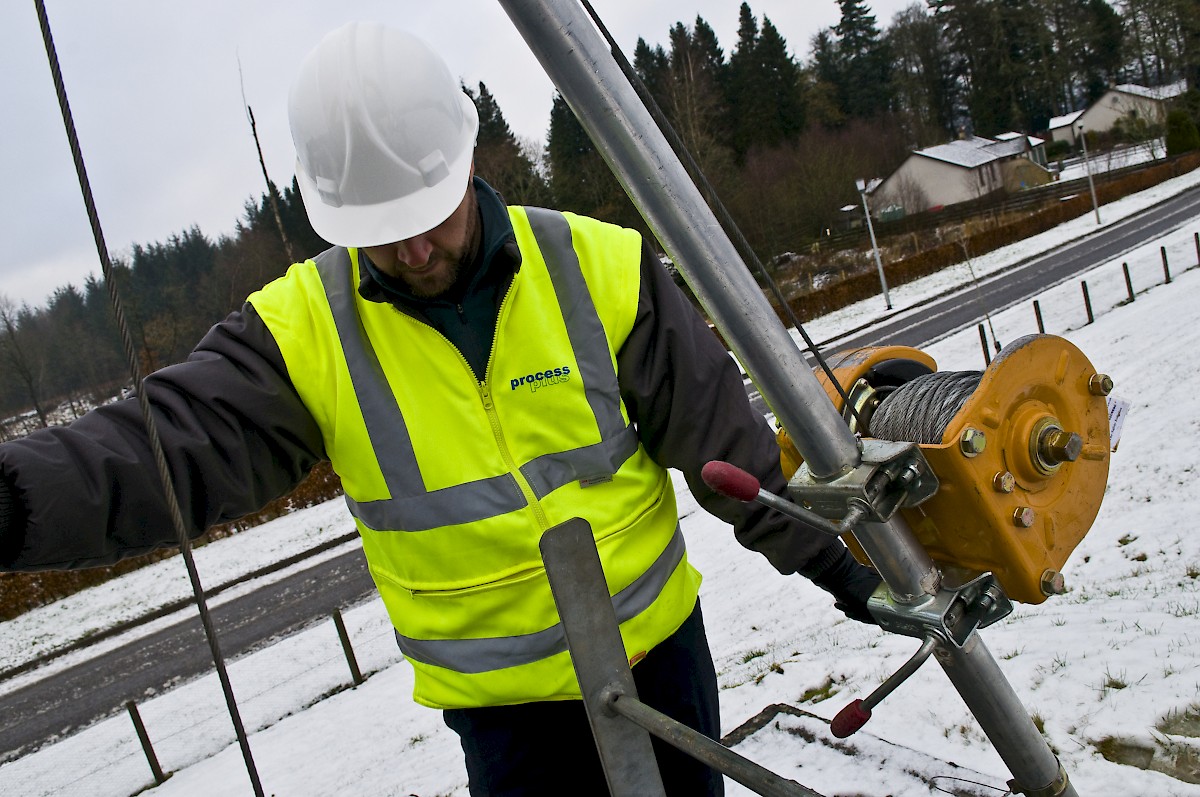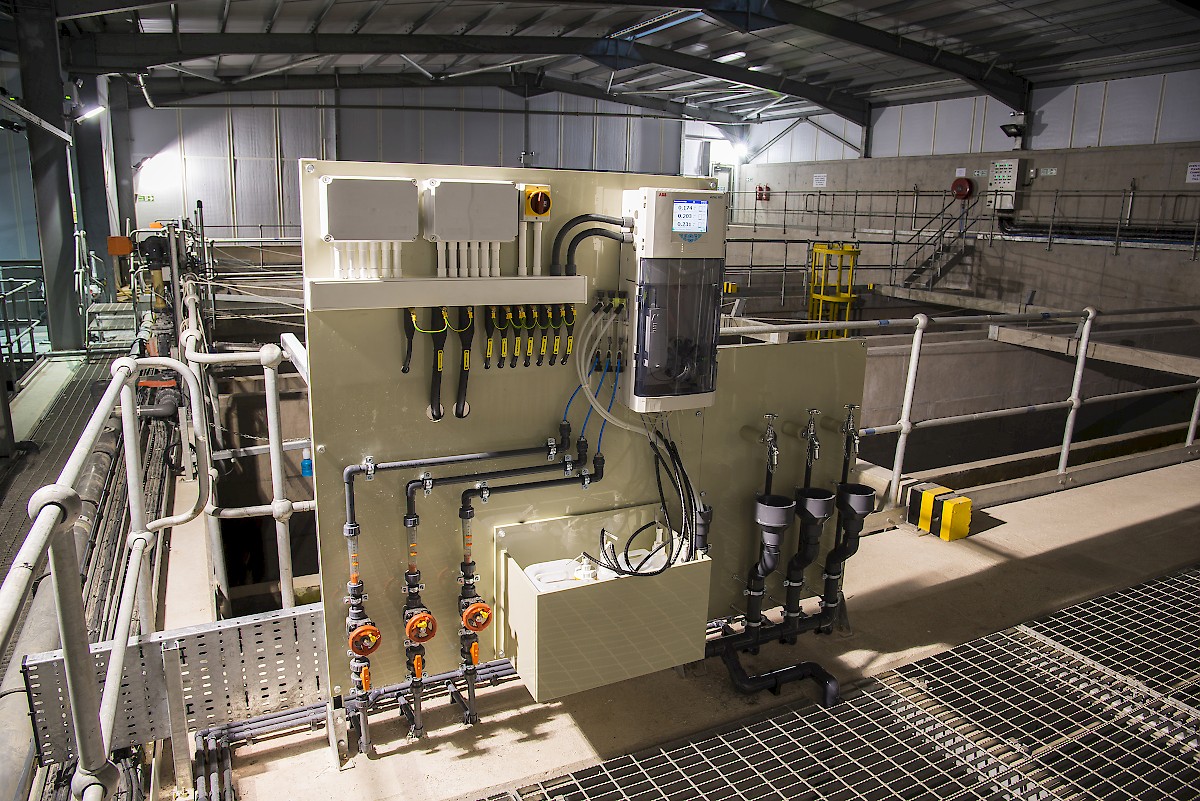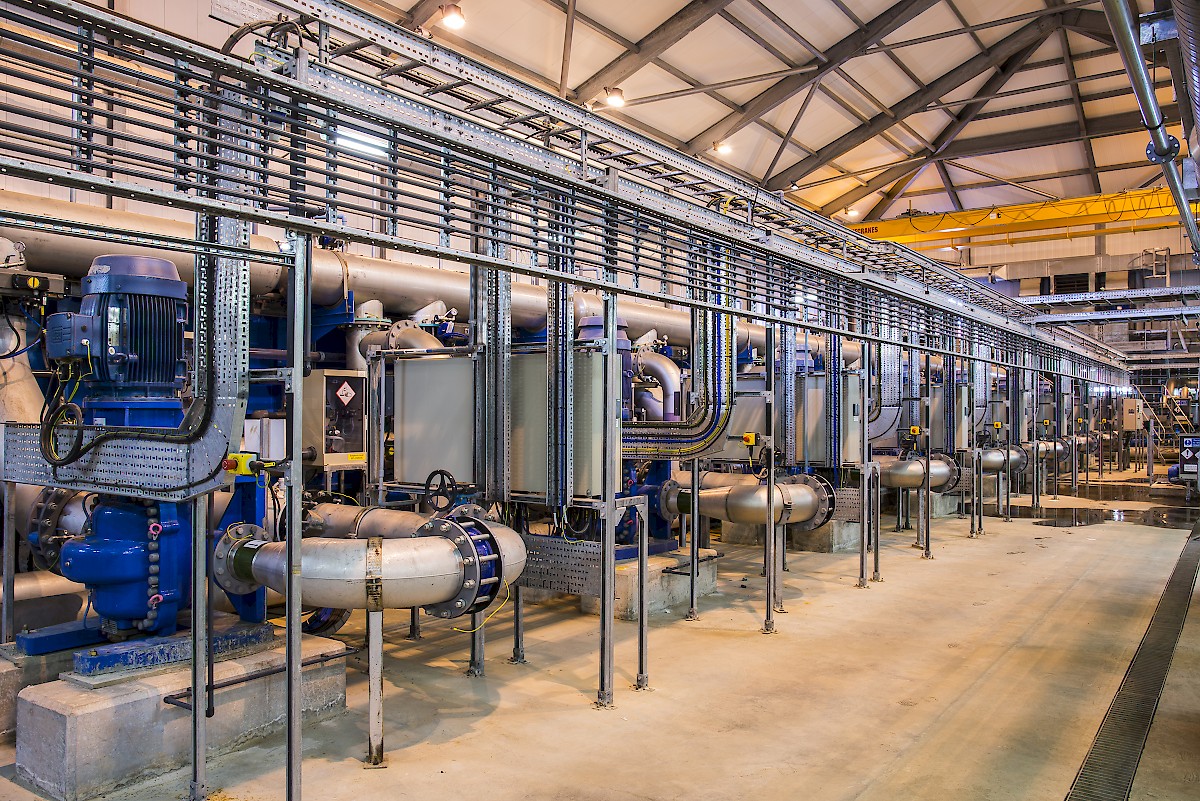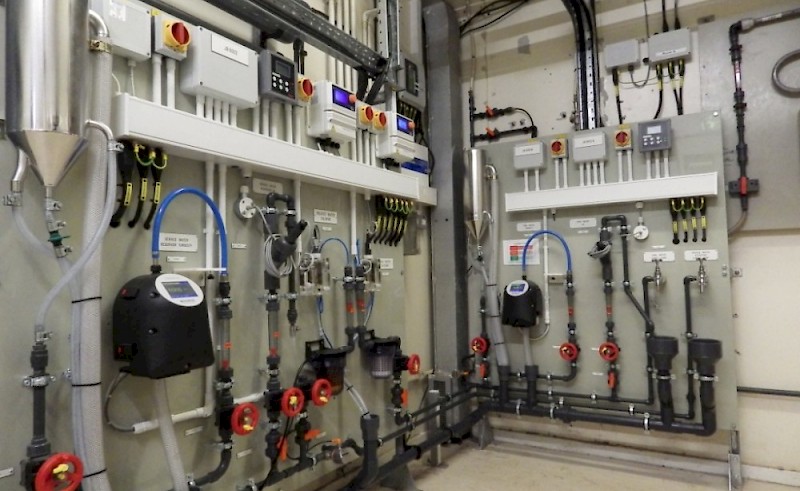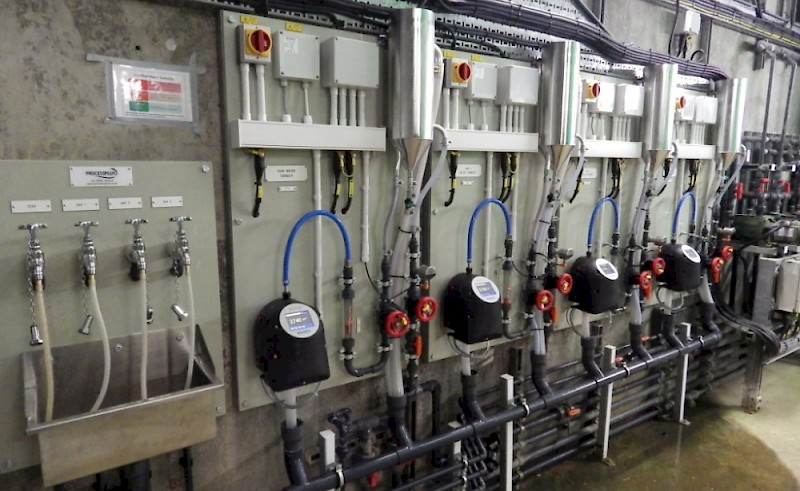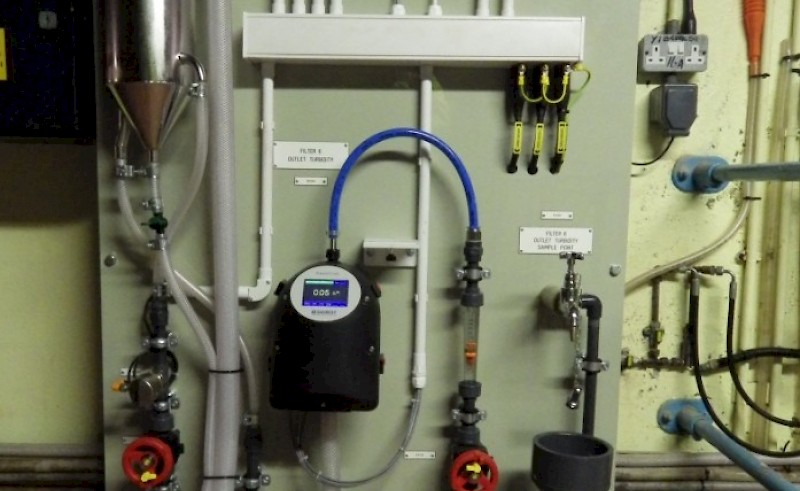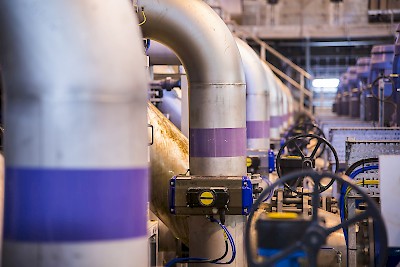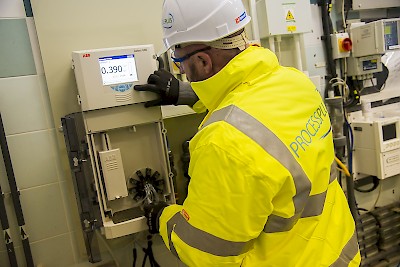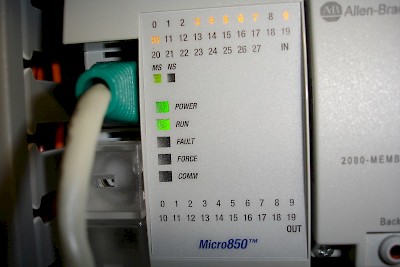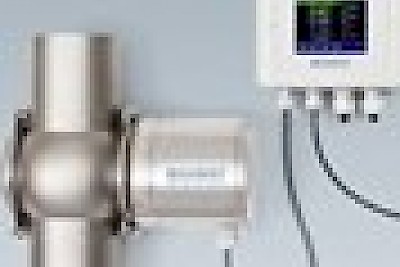Maintaining Water Quality
With the need to maintain water quality performance at Glenfarg WTW, Processplus delivered a full upgrade to the turbidity instrumentation throughout the site for Scottish Water Operations.Related Products
Within the scope of their water quality improvement program Scottish Water contracted Processplus to carry out a full review and upgrade of the turbidity instrumentation at Glenfarg WTW.
Following on from outline discussions with the Water Operations Team that encompassed their technical and operational requirements, and a detailed site survey was carried out by Processplus Engineers, and a detailed scope of works and design proposal was submitted for comment and approval.
The scope of works was agreed as below:
Raw Water Turbidity – 1 x instrument
Post DAF Turbidity – 3 x instruments
Post Filter Turbidity – 8 x instruments
Treated Water Turbidity – 1 x instrument
Final Water Turbidity – 1 x instrument
For this project the Sigrist Aquscat WTM(A) was selected from the Scottish Water list of approved instruments because of its accuracy to 0.001 NTU and its maintenance free self-calibration facility. In addition to the replacement of the existing turbidity instruments, a new IFM Flow Switch was to be fitted to each new Sigrist Aquascat.
With the addition of the flow switches to the project a substantial additional electrical installation was designed and delivered with minimum disruption to normal operations. Processplus Engineers installed signal cables in both the DAF building and the Filter building, from the turbidity instruments to their respective PLCs and integrated to SCADA.
As the electrical installation was in progress the Sigrist Aquascat sample board assemblies were built and tested at the Processplus workshops, and then delivered to site for installation. This methodology leads to reduced project site time and has been adopted by Processplus as our primary methodology for project delivery.

